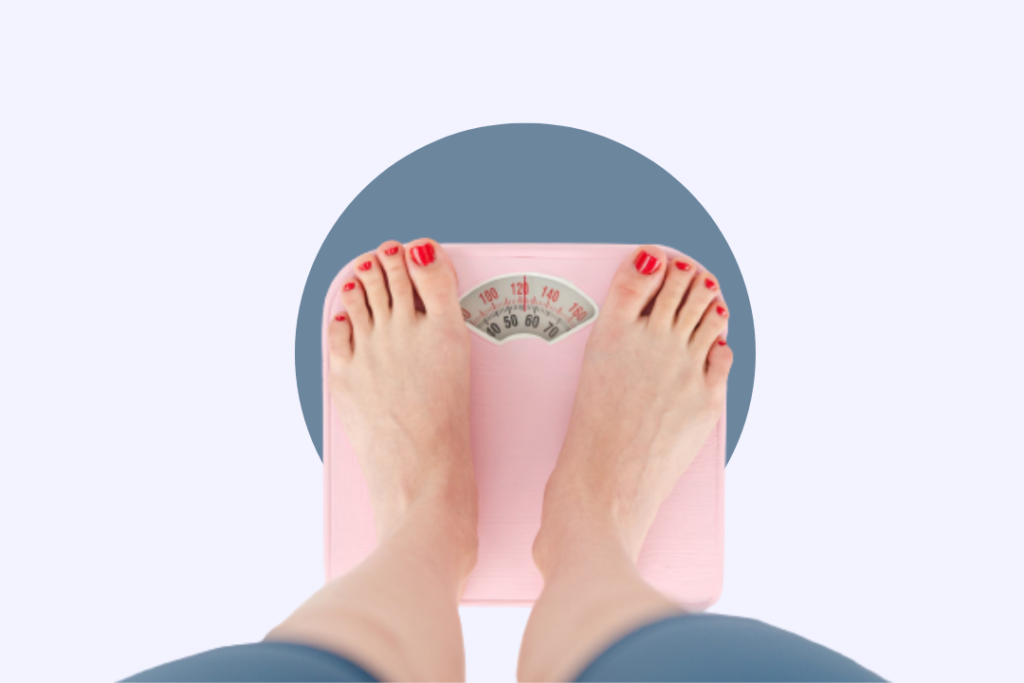
Harshalee Parkar
Bariatric Dietician & Content Writer

Empowering Individuals To Take Control Of Their Health After Bariatric Surgery

Undergoing bariatric surgery is a life-changing decision that can have a profound impact on an individual’s health and well-being. Having said that, the operation itself is not the last step on the journey. Individuals are required to take an active role in their post-surgical health if they hope to make the most of the benefits of bariatric surgery and find success in the long run. After bariatric surgery, patients often feel helpless and unable to take charge of their health and well-being. In this blog, we will cover ways that can empower patients and provide them with the tools they need to do so.
Education is Key: Individuals who have undergone bariatric surgery should be provided with full details regarding the surgical process, dietary changes, and lifestyle alterations after the procedure. They will be able to have a firm understanding of their post-operative requirements and will be able to make educated decisions regarding their health as a result of having this knowledge. It is essential to participate in support groups, educational sessions, and follow-ups to maintain awareness of the most recent developments in the medical field.
Follow Dietary Guidelines: Following the bariatric surgery diet is essential for long-term success. These guidelines promote weight loss, nutrition, and health. Following these tips can improve your post-surgery recovery.
High Protein Meals: After bariatric surgery, protein is essential. Protein aids wound healing, satiety, and muscle preservation. Eat lean protein such as poultry, paneer, eggs, tofu, milk and milk products, lentils, etc. Talk to a bariatric dietician about your protein needs.
Avoid High-Sugar/High-Fat Foods: Weight loss and wellness need reducing sugar and fat intake. Calorie-dense foods can slow your progress. Fruits, vegetables, whole grains, and lean proteins are nutritious. Avoid processed foods and drinks with added sugars.
Eating smaller, more frequent meals throughout the day helps prevent overeating and promotes better digestion.
Hydrate: Adequate hydration is essential for health and post-surgery recovery. Hydrate daily by drinking water. Sugary drinks and caffeine dehydrate. Avoid overeating by drinking between meals.
Nutritional supplements: Bariatric surgery might alter nutrient absorption, so follow your doctor’s advice. Multivitamins, calcium, vitamin D, and vitamin B12. These supplements help you meet dietary needs and avoid health issues.
Stay Active and Exercise: Regular physical activity is essential for weight management, general health, and overall well-being after bariatric surgery. It also provides various other benefits. You may sustain weight loss, develop strength, speed up your metabolism, and elevate your mood by incorporating safe, appropriate activities into your regimen. Consult your healthcare team, which should include your surgeon, dietitian, and any other specialists engaged in your post-surgical care, to verify that your exercise program is safe and successful. Based on your unique requirements and capabilities, they might provide you with individual guidance.
Regular Monitoring and Follow-ups: After surgery, you must maintain regular monitoring and follow-up appointments with your dietitian team. These visits make it possible to evaluate how well you are doing in terms of your weight loss, your nutritional status, and your overall health. In addition to this, they offer the possibility of addressing any problems, making any necessary adjustments, and receiving continuing direction and assistance. By actively participating in your healthcare and keeping these appointments, you can help secure the best possible outcomes for yourself.
Celebrate Non-Scale Victories: After bariatric surgery, it’s crucial to celebrate non-scale successes beyond weight loss. These successes include life-changing improvements beyond weight loss. By acknowledging these non-scale victories, you may see the bigger picture of your health commitment.
Bariatric surgery may boost your energy levels, a non-scale success. Losing weight may make you feel more energized and less tired. This renewed vitality might help you enjoy daily life, hobbies, and family time.
Bariatric surgery can improve mobility, such as walking longer distances, climbing stairs without pain, or doing previously difficult activities. Mobility increases activity and offers doors to new
After surgery, you may need fewer medications. Reduced drug use for high blood pressure, diabetes, or joint discomfort. This reduction shows how lifestyle modifications have improved your health.
Bariatric surgery can enhance your quality of life. It Includes self-confidence, sleep, chronic illness risk reduction, and mental well-being.
When it comes to health and well-being, bariatric surgery can do wonders for the patient. By taking charge of their recovery process after surgery, patients increase their capacity to make healthy decisions and sustain their gains over time. Success in regaining control of one’s health following bariatric surgery requires a multifaceted approach that includes education, adherence to food restrictions, regular exercise, emotional support, monitoring, and recognition of successes that are not measured on a scale. Keep in mind that you are the one in charge of your health and that with the correct tools and motivation, you can make positive, long-lasting changes and move towards a healthier, more satisfying life.



